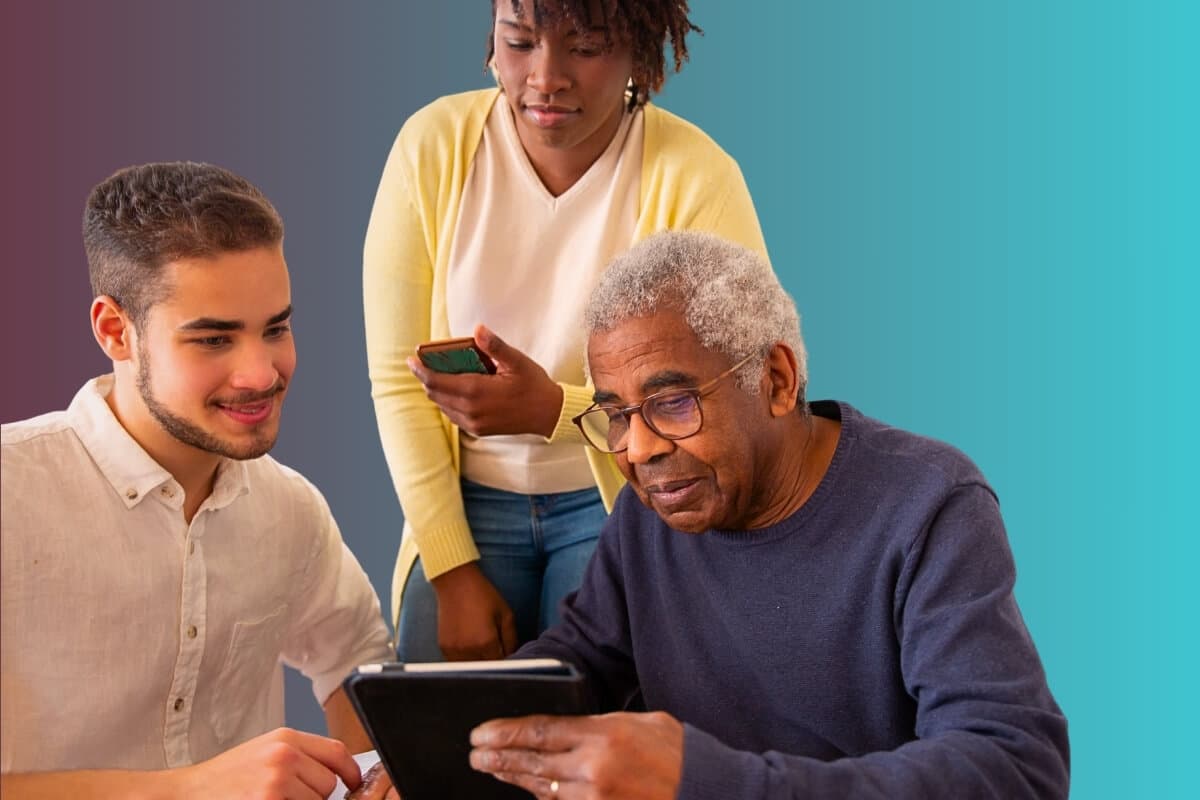Caregiver Tips for Loved Ones with Brain Injury
Caregiving can feel like a lonely journey, but it's important to remember there are millions out there just like you. Caring for a loved one with a brain injury is often challenging and unpredictable, but it's an opportunity to make a difference in their life.
What is Brain Injury?
Brain injury refers to any damage to the brain caused by trauma, disease, or other factors. It can affect anyone at any age and results in physical, cognitive, and emotional symptoms. Brain injuries can be classified into two types: traumatic brain injury (TBI) and acquired brain injury (ABI).
What to Expect
Caring for a loved one with brain injury requires patience, understanding, and flexibility. You may need to adjust your daily routines, learn new skills, and manage challenging behaviors. Common symptoms of brain injury include fatigue, memory loss, mood swings, and difficulty with communication. Patients in an advanced state of brain injury may be totally incapable of caring for themselves and will depend on you.
I had to uproot my mom and move her across the country when it became clear she couldn’t manage on her own anymore. She was nearly blind, had just gone through a medical crisis, and suddenly I was responsible for everything — finding her a safe place to live, sorting out her care, managing 12 medications a day, handling her finances, becoming her advocate. I had no roadmap, no one in my life who’d been through it. I was scared of messing up. But I knew I had to show up for her — and I’m proud I did. It was overwhelming, but it was also the most meaningful thing I’ve ever done.
- Ryan T.
In Their Shoes
Imagine being unable to remember the most basic tasks or feeling like you're living in a fog. Brain injury can be isolating and frustrating for patients, but it's essential to approach them with empathy and understanding. Patients may feel anxious about their future, worried about their relationships, or struggling to adjust to new limitations.
Setting Goals
Setting goals is an essential part of the caregiving process. As a caregiver, you'll want to establish realistic goals for your loved one's recovery, such as improving cognitive function, increasing independence, or reducing stress levels. To set effective goals:
- Identify strengths and weaknesses: Understand what areas need improvement and focus on building strengths.
- Prioritize needs: Determine the most pressing concerns and address them first.
- Break tasks down into manageable chunks: Divide large tasks into small steps.
- Celebrate progress: Acknowledge and celebrate small victories along the way.
Progress may be slow and uneven. Celebrate every step forward, no matter how small.
High-Level Plan
Here's a high-level plan to help you get started:
Assess and acknowledge: Understand your loved one's condition, its effects on daily life, and their emotional state.
Set realistic goals: Establish achievable objectives for recovery, such as improving cognitive function or increasing independence. Being able to hit goals will do wonders for both you and your loved one's mental state.
Develop a care plan: Create a personalized plan that addresses specific needs related to your loved one's brain injury. The plan should include medical, emotional, and practical support.
Find resources: Leverage online resources, support groups, and healthcare services to aid in the caregiving process.
Stay flexible: Be prepared to adjust your approach as needed to accommodate changing circumstances. There is no shame in adjusting a goal if it becomes untenable. Your goal is progress.
Establish a structured routine. Consistency is healing for a disoriented mind.
Online Resources for Caregivers
Navigating the caregiving journey can be overwhelming, but numerous online resources offer valuable support:
- Brain Injury Association of America: A comprehensive resource for information on brain injury, its effects, and support services.
- Join the HeroGeneration community: Get access to an online community that connects caregivers with peers who understand the challenges of caring for loved ones with brain injury. Start for free.
Remember, you're not alone in this journey. Reach out to resources, connect with others, and prioritize self-care to ensure your well-being.

